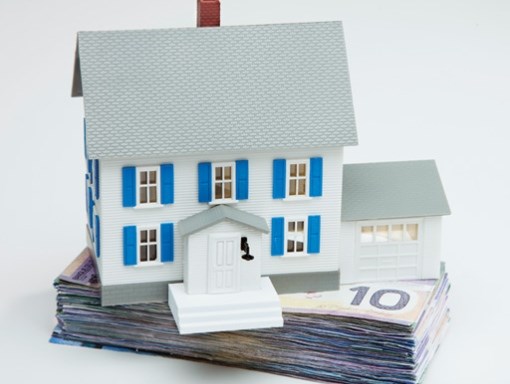The prospect of an 11.8 per cent tax increase helped attract a healthy crowd, in person and online, for an e-Town Hall on the District of Sechelt budget Jan. 17.
And they had questions on everything from why the district is spending $18,000 on just nine garbage cans and why it needs to hire three more employees at a yearly cost of around $300,000 to why isn’t it spending more on road work in areas like Sandy Hook, Tuwanek and Davis Bay.
Director of finance Doug Stewart said the draft budget is based on a three per cent increase for “tangible capital asset repair, refurbishment and replacement” and an 8.81 per cent increase for other spending, which he said would allow the district to maintain the current level of services to the public.
An online questioner asked Stewart to explain his earlier prediction that this will be the last year the budget calls for large tax increases. “I think we’ve finally caught up,” Stewart said. “When I first started [in 2016], the budget had us drawing from reserves to maintain our current operations. Council in the last couple of years increased taxes… With this last increase we will be able to settle into a nice pattern where we’re only dealing with negotiated wage increases or general inflation.”
Some of the biggest items driving the increase are the proposed hiring of a facilities coordinator, a development engineer and a building inspector, and a $330,878 increase in the cost of pay and benefits for existing staff.
There are also several spending options on the table council could consider adding to the budget, such as a new procurement clerk position at the district and increased funding for the library.
A handful of people in the audience spoke up in favour of increasing the library’s operating grant, which is tied to an agreement between Sechelt, the Sunshine Coast Regional District and Sechelt Indian Government District that’s currently being renegotiated. Sechelt’s share of the requested increase would be a little over $53,000. The Library Board is also hoping to get additional funding for capital projects, purchasing materials, and to create a new library supervisor position. Sechelt’s share for those increases would total around $88,000.
Councillors were also given a petition in support of increased funding at their Jan. 16 meeting.
A $100,000 dog park proposed for the site of the former wastewater treatment plant on Ebbtide Street also drew some questions, but staff said only $1,000 of that project was being funded through a tax increase – the rest is coming from development cost charges (DCC), which are being used for many of the capital projects in the budget.
It fell to parks supervisor Perry Schmidt to tackle the question about the high cost of the garbage cans, and he got a bit of a chuckle from the audience when he said “these are not ordinary garbage cans,” before explaining that the cost covers the special wildlife proof cans, as well as shipping the heavy units and properly installing them on concrete pads. He also pointed out the cans the district bought 20 years ago “still look almost brand new.”
Near the end of the meeting, one audience member called for council to hold the line, with zero tax increase.
“I want to know where you think [taxpayers] are going to get the extra money from… I just want to know why you think that people can afford [an 11.8 per cent tax increase],” said the woman.
“We don’t think people can afford that kind of tax increase,” Mayor Darnelda Siegers responded. “That’s why we’re bringing [the draft budget] to you, so you can tell us.”
The district is using a single-family home assessed at around $637,000 to estimate the impact of an 11.8 per cent increase. The municipal portion of the tax bill would go up by $171 and properties connected to sewer would see a sewer user fee increase of $20.
Finance department staff will be including the questions and comments they heard at the meeting, as well as any that come in before Feb. 1, in a report that will go to council Feb. 13.



